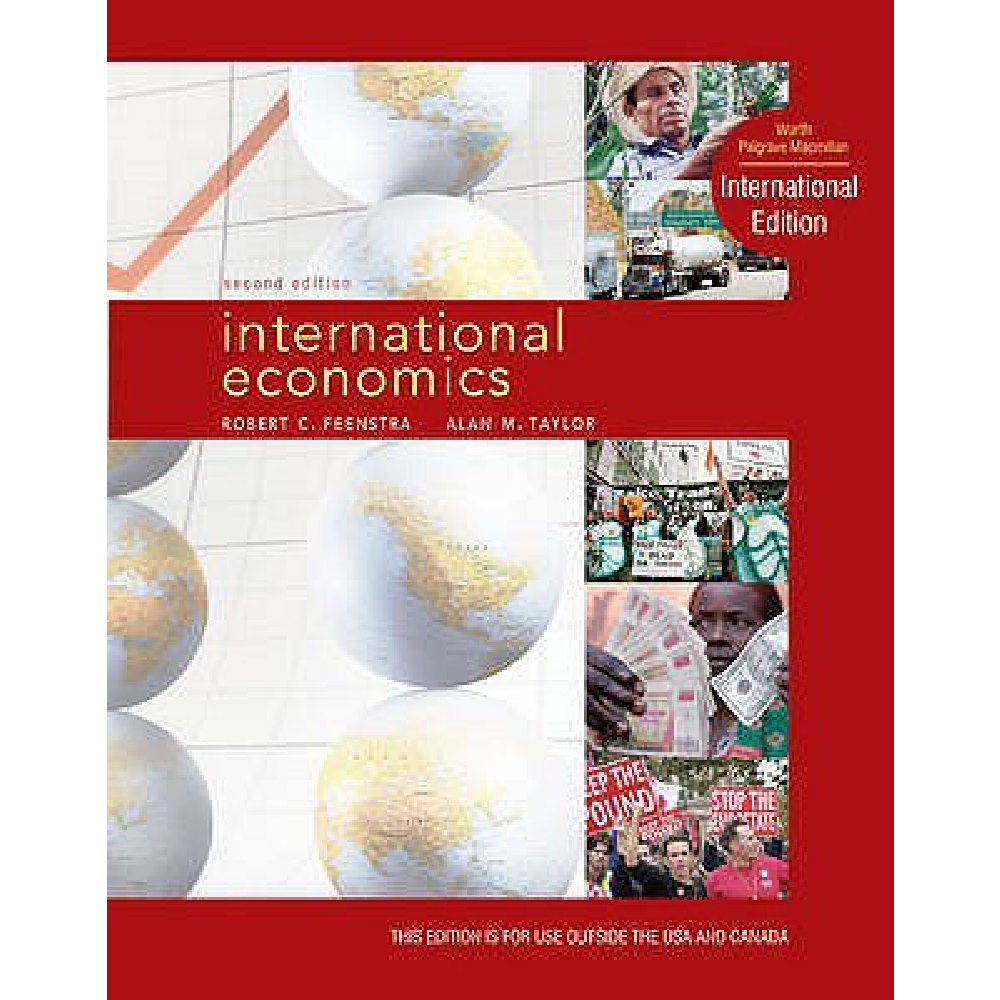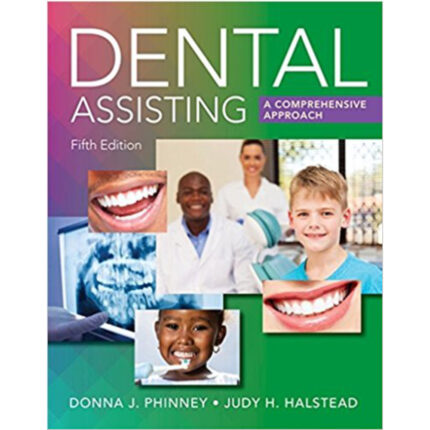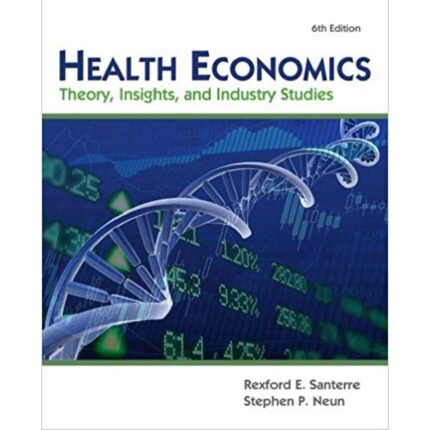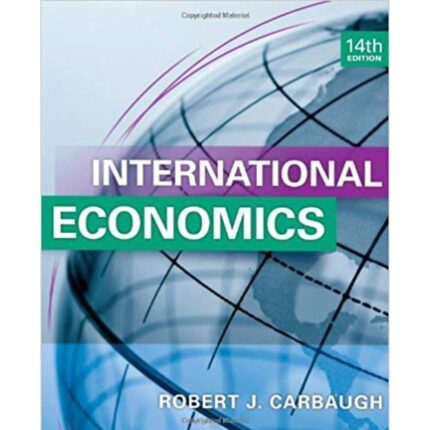1 International Trade Agreements
A trade agreement is a pact between two or more countries to reduce or eliminate trade restrictions. The WTO is an example of a multilateral trade agreement. Under the most-favored-nation (MFN) principle of the WTO, countries agree to extend the tariff set for their MFN to all members. Therefore, to benefit from the lower tariffs via membership, countries must also reciprocate by agreeing to lower their own trade barriers.
The trade agreements can be at the global or multilateral level, such as the WTO, or at the regional level, such as the North American Free Trade Agreement (NAFTA) between the United States, Canada, and Mexico. Countries can also engage in bilateral agreements. The United States has many, including separate pacts with Australia, Jordan, Morocco, and Peru, and new agreements are planned with South Korea, Panama, and Colombia. Some South American countries are joined by the Mercosur (Argentina, Brazil, Paraguay, Uruguay, and Venezuela). Formed in 1989, the Asia-Pacific economies have an agreement known as the Asia-Pacific Economic Cooperation or APEC (Australia, Brunei, Canada, Chile, China, Hong Kong, Indonesia, Japan, Malaysia, Mexico, New Zealand, Papua New Guinea, Peru, Philippines, Russia, Singapore, South Korea, Taiwan, Thailand, United States, and Vietnam). There are many free-trade agreements between countries, numbering over 200.
The Logic of Multilateral Trade Agreements
We will briefly review the effects of a tariff imposed by a large country under perfect competition before analyzing the impact of trade agreements.
Tariffs for a Large Country Recall that a large importer may benefit by imposing a tariff if the terms-of-trade gain is greater than the deadweight loss (i.e., e (b d) in panel [a] of Figure 11-1, which is a reproduction of Figure 8-7). By contrast, the exporting country is worse off due to a combination of the deadweight and terms-of-trade loss denoted by area (e f ) in panel (b).
Payoff Matrix We will now assume that both Home and Foreign are large countries and examine the change in welfare when both decide whether or not to impose a tariff on the other. The payoff matrix is shown in Figure 11-2, where the lower-left corner of each quadrant gives Home’s payoff and the upper-left corner denotes Foreign’s payoff.
Free Trade Starting with the upper-left quadrant where neither country imposes a tariff, the change in welfare is zero as compared with free trade. In other words, there is neither any harm nor gain from a tariff because an import tax is not imposed.
Tariffs However, if Home imposes a tariff and Foreign does not, then the former potentially gains relative to free trade as long as e (b d) 0, whereas the latter loses by the amount (e f ). By symmetry, the results are opposite if Foreign imposes the tariff rather than Home. When both countries impose optimal tariffs, we are at the lower-right quadrant. In this case, their terms-of-trade gain is cancelled by their terms-of-trade loss. In addition to the deadweight loss generated from their own tariff, they acquire an extra deadweight loss from the tariff imposed by their rival such that their total losses equal (b d f).
Prisoner’s Dilemma The payoffs described in Figure 11-2 have a special structure called the prisoner’s dilemma. It takes this name from the story of two accomplices caught for a crime they committed, where each must decide to confess or remain silent in solidarity with their partner in crime. The payoffs for their actions mirror that of 11-2, but they decide to confess, leading to a worse outcome for both than if they had remained silent.
Nash Equilibrium Working out the solution of the game, we find that both countries will impose a tariff even though they are clearly better off when neither impose the trade restriction. Given their payoffs, each country does not have an incentive to individually move toward free trade because e (b d). By acting on its own, a country is worse off by removing its import tax because the loss from not imposing a tariff when its rival does (e f ) is greater than the loss (b d f ). This result is often referred to as the prisoner’s dilemma. Namely, the Nash equilibrium of both countries imposing their optimal tariff is an undesirable outcome for all parties. However, the outcome is the best strategy for each country given that its rival will impose a tariff. Such undesirable outcomes can be avoided by having countries enter into trade agreements.
Trade Agreement By entering into a trade agreement such as the WTO, the prisoner’s dilemma outcome is eliminated because all members agree to reduce or avoid imposing tariffs on one another.
Regional Trade Agreements
When countries within a region make a pact to eliminate tariffs, these arrangements are referred to as regional trade agreements (RTAs). Under such agreements, member countries reduce trade barriers on one another but may maintain separate tariffs against nonmember countries. RTAs are permitted under Article XIV of the General Agreement on Trade and Tariffs (GATT) as long as member countries do not jointly increase their tariffs against outside members. These agreements are sometimes called preferential trade agreements (PTAs) because member countries are favored over nonmember, hence violating the most-favored nation (MFN) principles of the GATT.
Free-trade Area A free-trade area (FTA) consists of a group of countries that agree to eliminate tariffs among themselves while maintaining their separate tariffs on nonmembers. An example of an FTA is the Canada-U.S. Free Trade Agreement formed between the United States and Canada in 1989. This FTA was extended to the North American Free Trade Agreement (NAFTA) with Mexico’s membership in 1994.
Customs Union In addition to agreeing to eliminate tariffs, a customs union has the additional condition that member countries hold a common tariff against the rest of the world. The European Union is an example of a customs union consisting of Austria, Belgium, Cyprus, the Czech Republic, Denmark, Estonia, Finland, France, Germany, Greece, Hungary, Ireland, Italy, Latvia, Lithuania, Luxembourg, Malta, the Netherlands, Poland, Portugal, Slovakia, Slovenia, Spain, Sweden, and the United Kingdom.
Rules of Origin Although a free-trade area allows each country the flexibility to impose different tariffs on the rest of the world, it creates an incentive for a nonmember country to take advantage of the duty-free zone by first exporting to the member with the lowest tariff. To counter this problem, NAFTA members trade areas establish rules of origin that require each product to contain enough “North American content” to qualify for duty-free access. In other words, a product originating from a nonmember country must go through further processing in a member country before it may be traded within the free-trade area without being taxed. The content requirement is determined by value added or the use of some key inputs.
Trade Creation and Trade Diversion
When countries form a regional trade agreement that results in one country importing from another member rather than producing the product on its own, there are welfare gains analogous to the opening of trade. Countries outside the pact are unharmed by this trade creation because the good was previously not traded. By contrast, trade diversion has a negative impact on nonmember countries because the tariff reduction via the regional agreement leads one member to import from another instead of outside exporters. Although producers of the exporting member gain from this new pattern of trade, the importing country may be worse off by switching away from the lowest cost producers (i.e., nonmember exporters).













Reviews
There are no reviews yet.